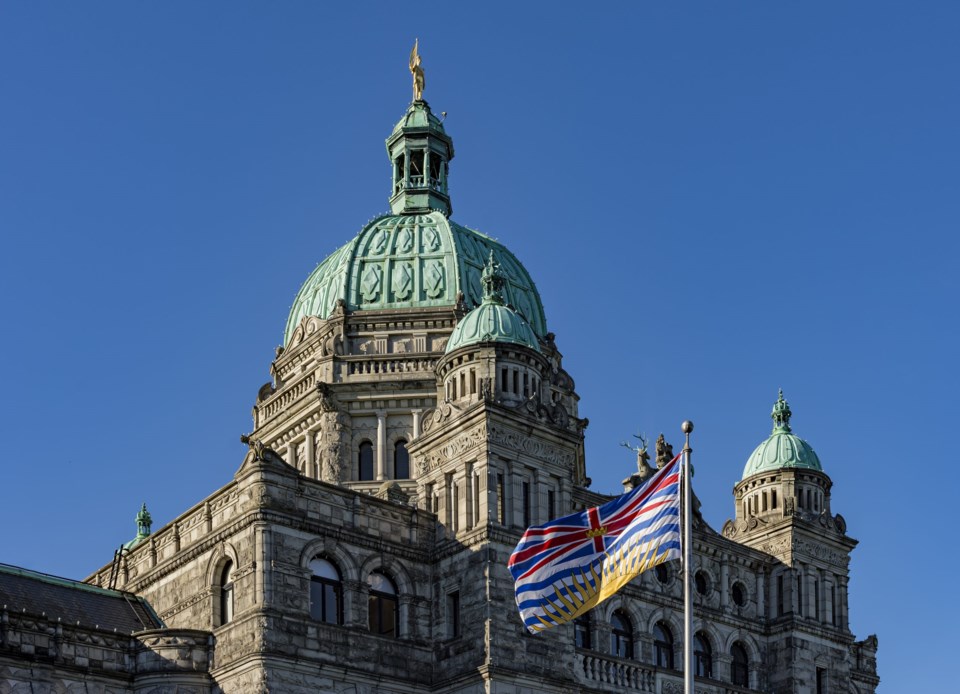Only in BC politics could one witness a deluge of criticism for drawing attention to something everyone agreed had happened.
It all started when the provincial government and public health officer Dr. Bonnie Henry changed BC’s vaccination strategy, accelerating the timeline for giving the general population first doses, postponing second doses to do so.
According to the available evidence, the change is prudent. The science seems to indicate lengthening the interval between doses is safe, maintains a high level of efficacy, and obviously gets more people vaccinated quickly. (I only qualify it “seems to indicate” because I’m not an epidemiologist. Many days, I appear to be the only non-epidemiologist in the province. Certainly the only one on Twitter.)
While the change makes good policy, it was also abrupt. In many cases, people showed up for long-scheduled (and even longer-anticipated) appointments to receive a second dose, only to discover on arrival it had been cancelled. In some cases, apparently nobody was there even to tell them the bad news.
As literally everyone involved conceded – eventually – this wasn’t ideal. In many cases, it was probably devastating. Yes, it’s for the greater good. Yes, it’s commendable to change policy when evidence and supplies create better options. But showing up for the appointment you and your family have been counting down the hours - holding it up as the moment to feel safe you’re going to survive a deadly pandemic - and there's nobody there? Crushing.
Many days, I appear to be the only non-epidemiologist in the province. Certainly the only one on Twitter.
Last Thursday, the opposition BC Liberals devoted Question Period to the issue.
This prompted a ferocious backlash in Question Period itself (normal), online among the NDP’s usual supporters (normal) but also from some in the media (not normal), accusing the Opposition of undermining confidence in the province’s pandemic approach. My Orca colleague Rob Shaw called it “offensively bad.”
This was hard to understand. Again, nobody denied these no-notice cancellations actually happened; the objection seemed to be they were inappropriate to mention at best, and amounted to an attack on Dr. Henry at worst.
Ridiculous. Pointing out that an quick policy change wasn’t successfully communicated to every last person on the ground overnight isn’t an attack on Dr. Henry, any more than tweeting the 1PM sailing to Tsawwassen is late is an attack on whoever designed the ferry.
This was hard to understand. Again, nobody denied these no-notice cancellations actually happened.
This was underlined just a few hours later, when Dr. Henry apologized, saying communications hadn’t been able to keep up, and that people had indeed shown up for vaccinations they didn’t know had been cancelled.
Nobody attributed this to malice, but good-faith human error.
So what’s going on here? Why the thunderstorm of reaction for raising an issue that, again, everyone agrees happened?
For months, the opposition BC Liberals and BC Greens made the conscious choice to not only avoid criticizing the government on pandemic response, but cooperate with it.
This was in stark contrast to places like Ontario and especially Alberta, where opposition parties have been ferocious – and, not coincidentally, have mostly enjoyed rising popularity in the polls.
That is the explicit and necessary job of opposition parties – to raise awkward questions, try and poke holes, and generally make sure those in power don’t get comfortable and lazy.
One snap election later, things have changed in BC.
I spoke to interim Opposition leader Shirley Bond shortly before this session:
“We’re a year into the pandemic now,” says Bond, “there are legitimate questions being asked by British Columbians. And I think that government needs to not only hear those questions, but be held accountable for them.”
“I can assure you, we’re going to do our job as the Opposition.”
That is the explicit and necessary job of opposition parties – to raise awkward questions, try and poke holes, and generally make sure those in power don’t get comfortable and lazy. While both opposition parties have been quick to question government on everything from economic relief to Site C, broader pandemic response has still been treated gingerly.
Between the cancelled appointments last week, and the unmitigated disaster in vaccine bookings today, where nobody seemed prepared for the barest fraction of calls that any animate carbon mass should have expected, there are signs this is starting to change; a growing willingness to differentiate between good leadership and bureaucratic failure. After all, Dr. Henry isn’t designing phone banks; if nobody else is capable, God help us all.
It’s important to draw attention to problems like this. Implying it’s irresponsible to call attention to them is itself irresponsible, and almost certainly sows more public doubt than admitting and fixing them.
If life is going to return to normal – and if we expect the provincial government to identify and address obvious screwups – we can’t be afraid to ask important questions.
Maclean Kay is Editor-in-Chief of The Orca
SWIM ON:
- Maclean Kay wrote about this very session, which last four weeks, takes two off, and then comes back for an entirely new and different session. For Reasons.
- This very issue was also discussed on last week's Political Capital.
- Rob Shaw argued Premier John Horgan should forget about the optics and get his COVID-19 vaccine ASAP. Because he's running the province in a pandemic and everything.



